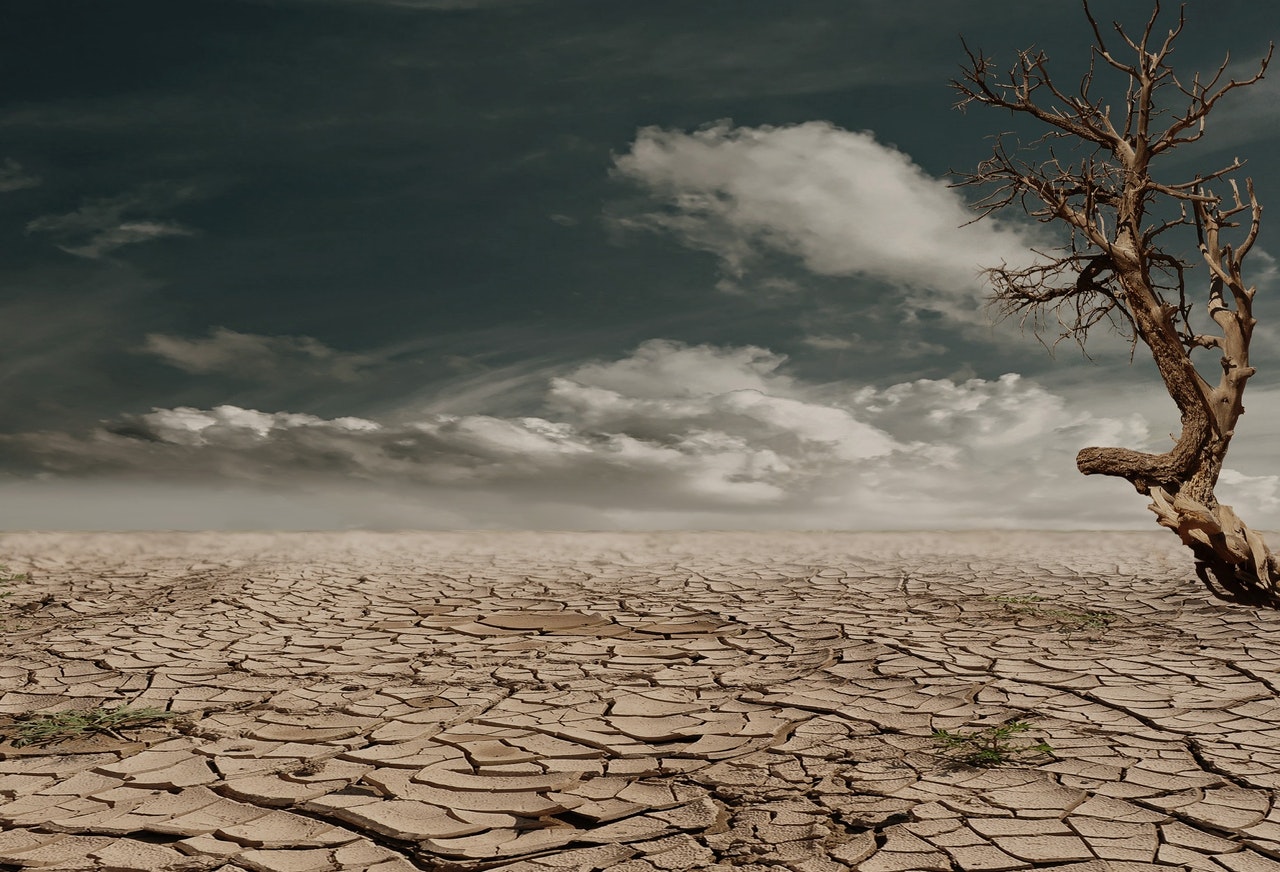The call to recycle and conserve energy is not a new phenomenon. Being encouraged to recycle newspapers, glass bottles and soda cans in an effort to keep the earth cleaner should start in childhood. However, with an ever-increasing global population with a high demand for goods and services, large corporations find themselves attempting to delicately balance the use of fossil fuels such as coal, oil and gas against renewable energy sources and conservation. During the first slate of rolling lockdowns in response to the COVID-19 pandemic, many industries that couldn’t work remotely, such as transportation services, were halted. As a result, persons were unable to move from their households unless it was absolutely necessary. Nevertheless, while the lockdowns intended to stop the spread of the virus, there were other unintended positive outcomes. Cities with high levels of air pollution began seeing an improvement in air quality and the return of wildlife to areas that were previously deserted. In essence, the word online was that “nature was healing.” But was it?
What is the climate crisis?
According to the United Nations, climate change refers to long-term shifts in temperatures and weather patterns. While some of these shifts may be naturally occurring, human activities such as burning fossil fuels have significantly contributed to the shifts. Because of these actions, the earth is now 1.1˚C warmer than it was in the 1800s and the previous decade (2011–2020) was the warmest on record. Although it was thought that climate change means warmer temperatures, the earth is an interconnected system, therefore, a change in one area influences change in all others. Apart from warmer temperatures, consequences of climate change include intense droughts, water scarcity, rising sea levels, flooding, melting polar ice caps, severe fires, declining biodiversity, and catastrophic storms. In particular, the effects of climate change have the potential to drastically impact the most vulnerable. For example, small island nations that have incurred rising sea levels and saltwater intrusion. It is suggested that the result will be an influx of “climate refugees.”
On 6 September, 2017, the Caribbean islands of Antigua and Barbuda experienced the catastrophic effects of Hurricane Irma, whose eye passed directly over Barbuda. Barbuda experienced wall winds, storm surges and flooding. While Antigua was not directly in its path the island also experienced tropical-storm-force winds. Following the storm’s passing and in the face of the threat of another impending storm, the island nation became a ghost town as residents were evacuated to their sister island Antigua. On 1 September, 2019, The Bahamas experienced its most powerful and damaging hurricane to date. Hurricane Dorian made landfall in Abaco on 1 September, 2019 as a Category 5 storm. The storm moved on to Grand Bahama on 2 September, 2019 and sat over the island for two days. As a result, both islands experienced massive flooding, destruction, and loss of life. In the wake of its destruction, many residents’ homes and businesses were destroyed and with many having nowhere to live, residents migrated to other islands of the archipelagic nation or relocated to other regions. These two storms are just real-life examples of the vulnerability experienced by small island nations because of climate change.
The Caribbean’s Response
During the 16th Raúl Prebisch Lecture at the United Nations’ European headquarters in Geneva, Switzerland, on 10 September, 2019, Barbados Prime Minister Mia Mottley in her address sought to challenge the world to reinvent the international order and do better by small island states that bear the brunt of the climate crisis. Small island nations, she said, are “fighting for survival in a war they did not start.” In her address, PM Mottley continued that moral leadership is needed to address the power and wealth imbalance that cripples many nations’ development aspirations. She concluded with a call that nations can solve the climate crisis by deploying their technologies and resources to stop the problem. In essence, small island nations like those in the Caribbean are casualties of climate change and sadly it appears that these small island nations are the only ones attempting to put a plan in action for their survival.
In December 2021 the Caribbean Community Climate Change Centre (CCCCC) opened a two-day workshop hosting some 80 delegates representing national governmental agencies and regional agencies from the Caribbean Forum (CARIFORUM). The purpose of the workshop was to deliver the results of its Knowledge, Attitude and Practices climate change-related data study of CARIFORUM’s five member states’ local populations. In addition to delivering the study’s results, the foundation for the rollout of awareness campaigns in CARIFORUM was also provided. CCCCC Executive Director Dr. Colin Young remarked that while climate change is recognized by many as an existential threat to our way of life, there are huge gaps in communicating about it, as it has been considered an academic or scientific issue, with messages presented in jargons. He continued that improving our understanding, awareness, and ability to adapt, respond to, and make better decisions in the face of climate change must be done.
The call to put a comprehensive plan in place for these small island nations is one that continues to be led by PM Mottley. Thus far, she has developed a plan to phase out fossil fuels by 2030, and introduce solar panels on nearly every home and electric vehicles to her island nation. Additionally, at her insistence, the Caribbean and Latin America became the first region in the world to agree on the Action Plan for the UN Decade on Ecosystem Restoration, an effort to prevent and reverse the degradation of natural spaces worldwide.
Small island nations must develop and implement their action plans in the face of impending vulnerabilities to climate change. It is also important that small island nations continue to partner with the “developed/first world” countries in the fight against climate change, as any physical vulnerabilities of small island nations (i.e., rising sea levels, displacement of citizens/residents, forced migrations) could adversely affect those nations’ stability.

